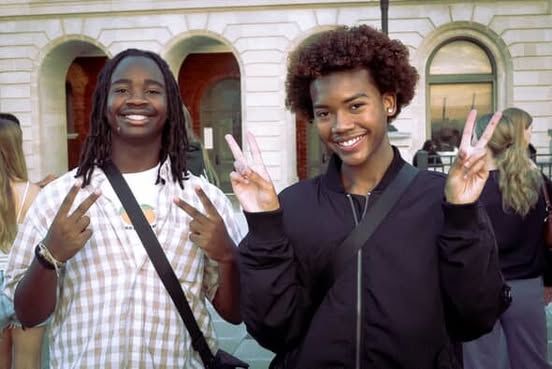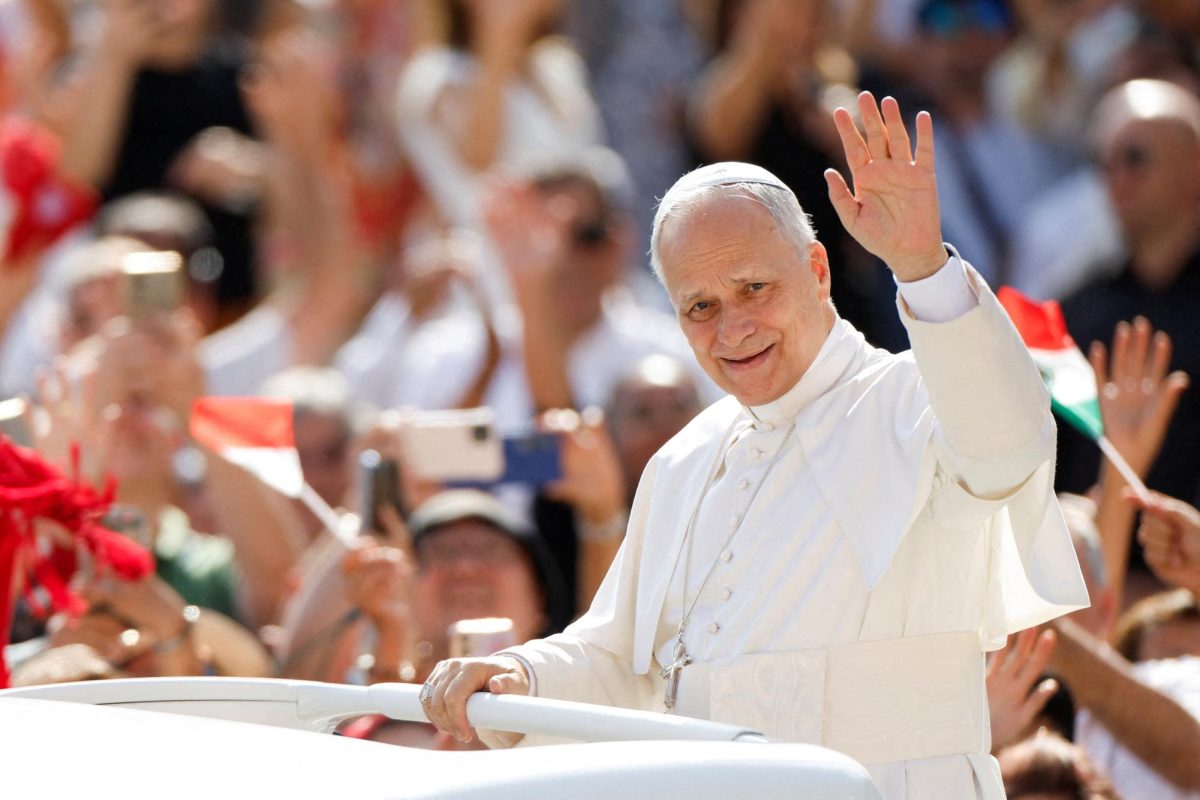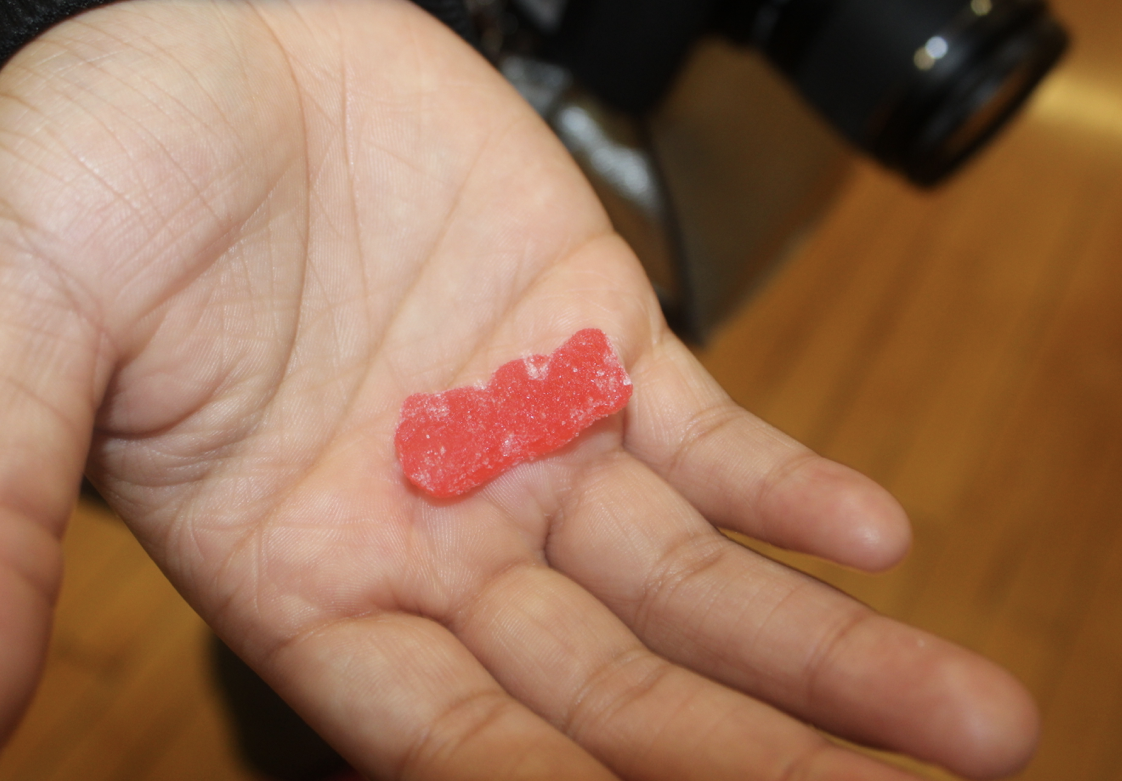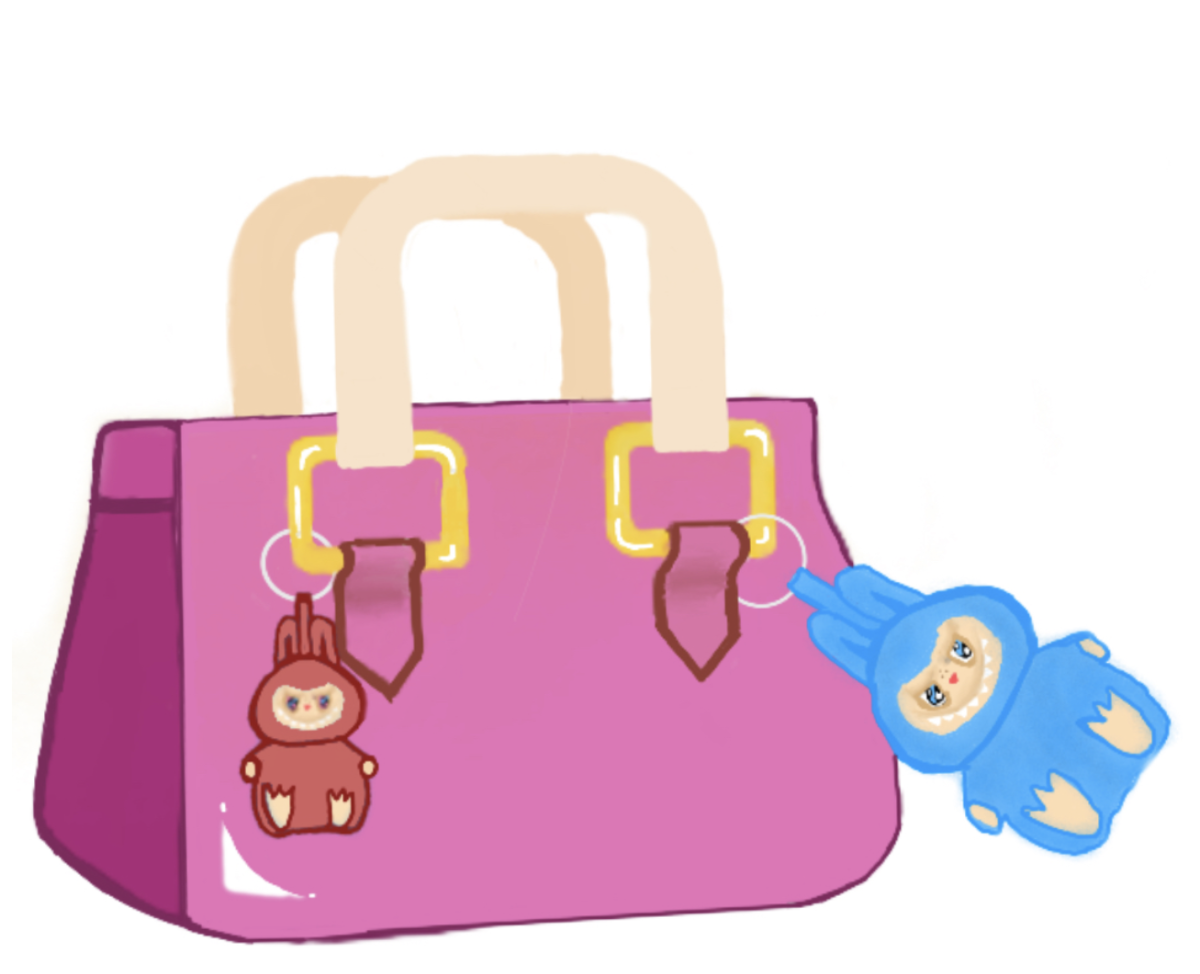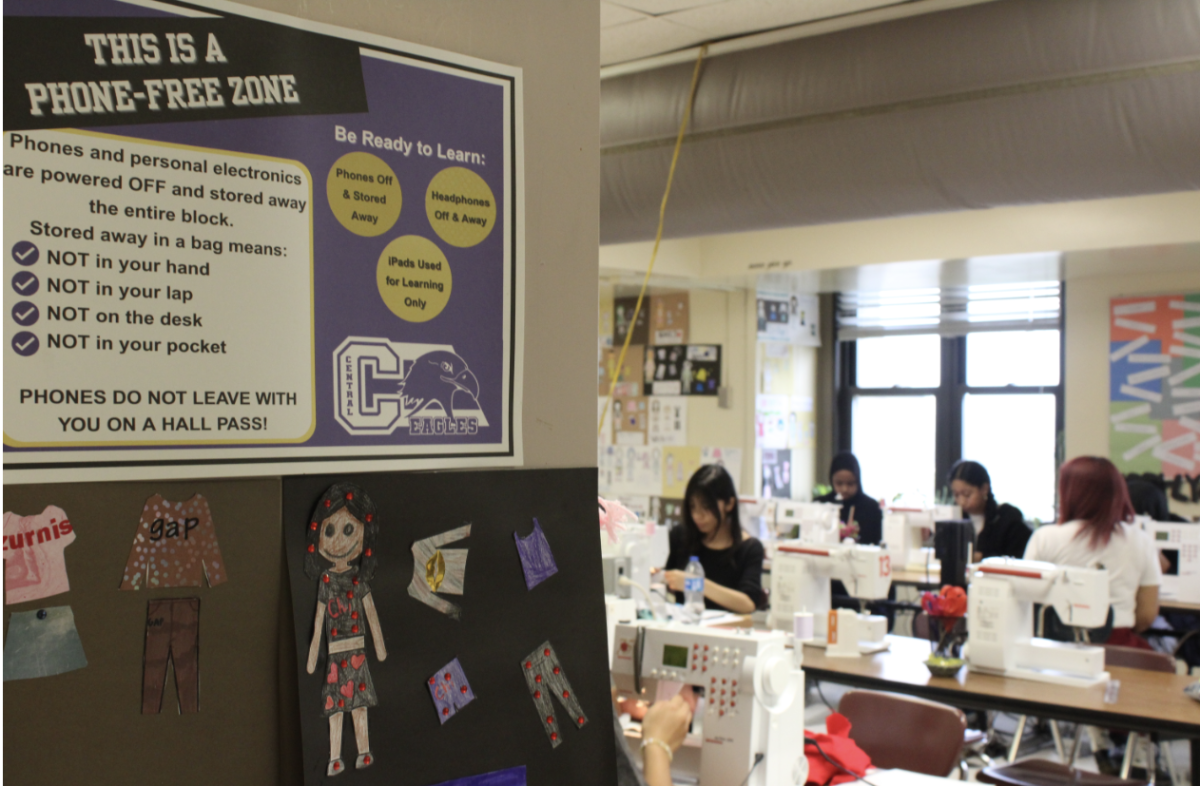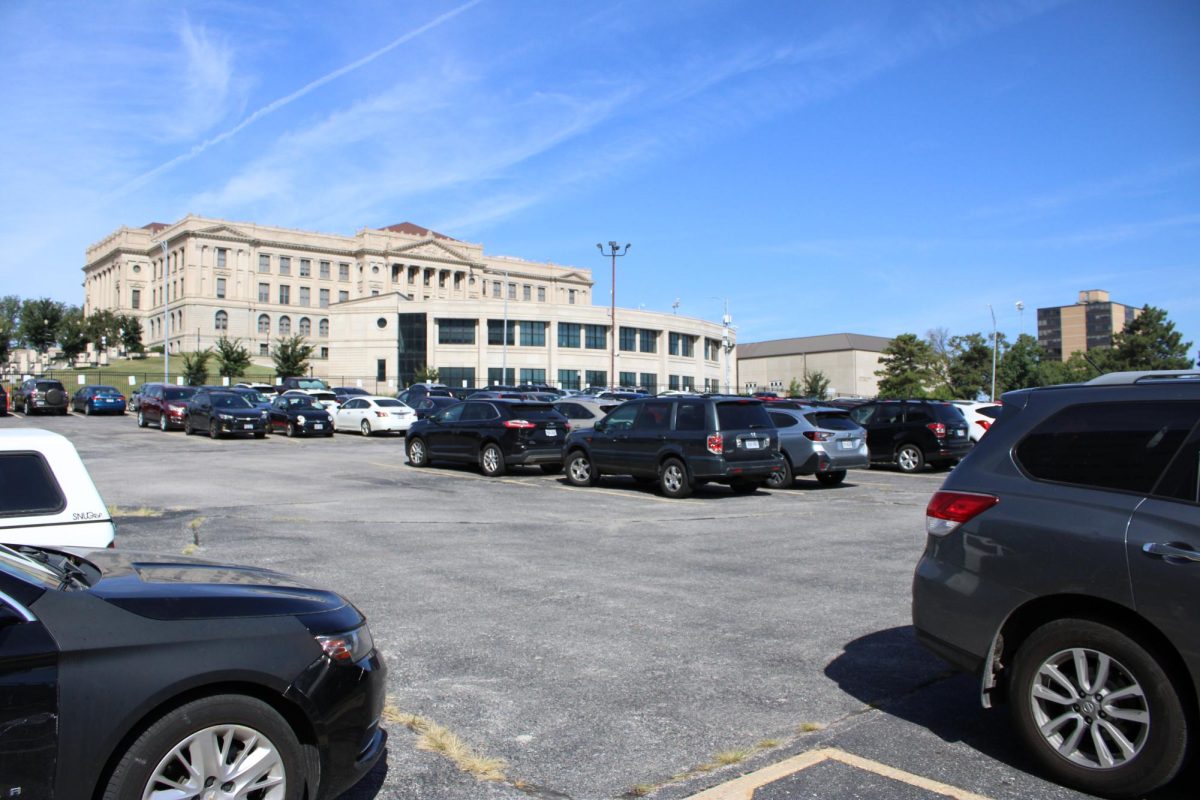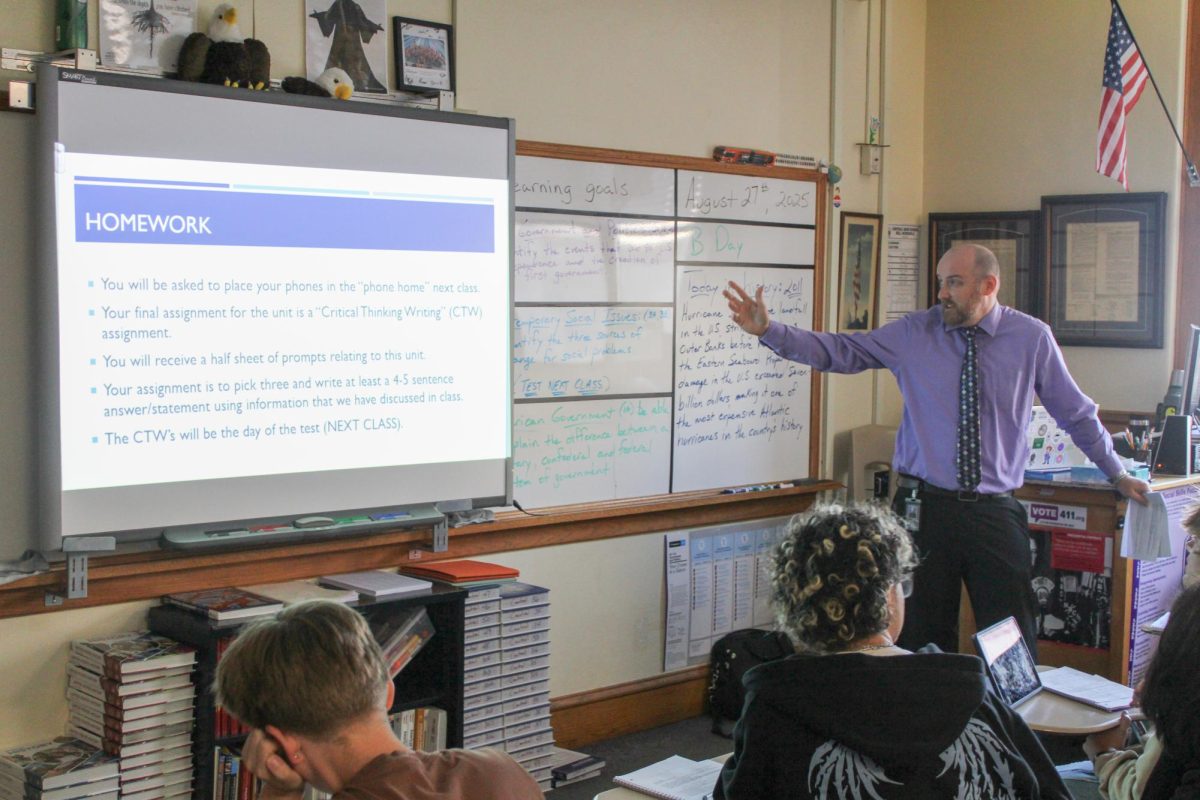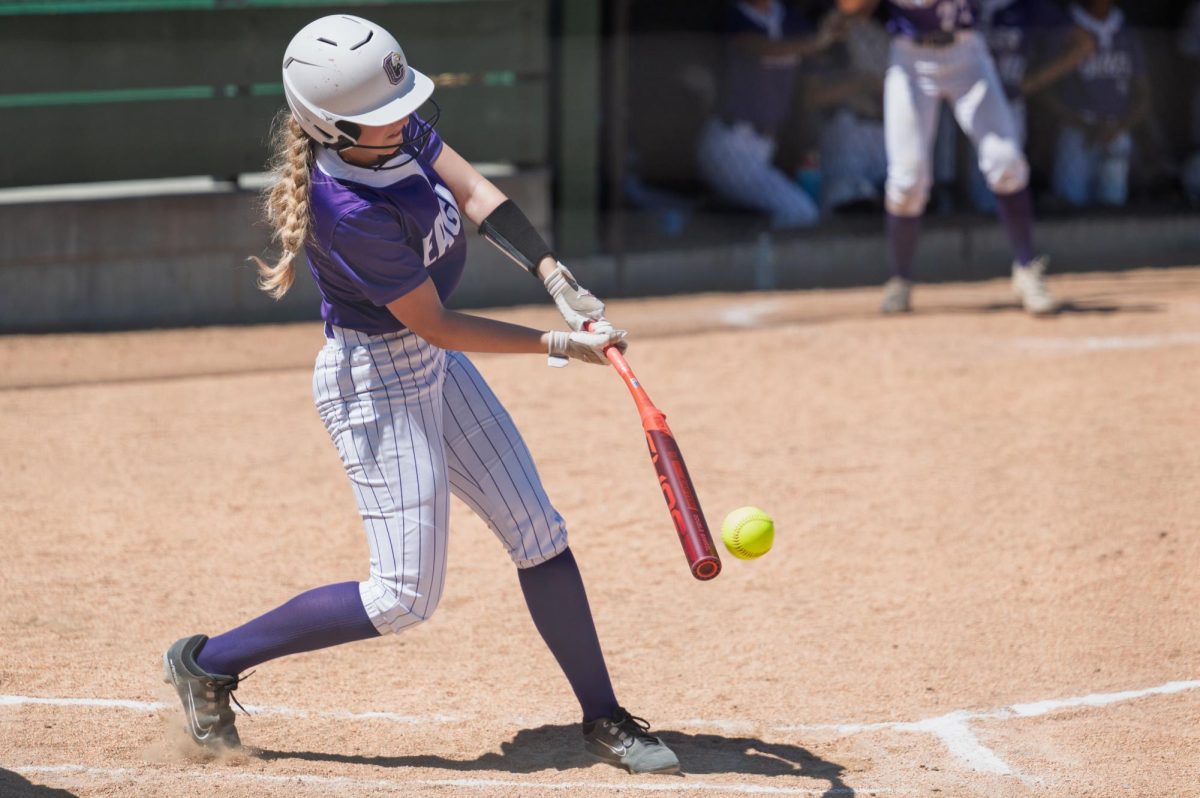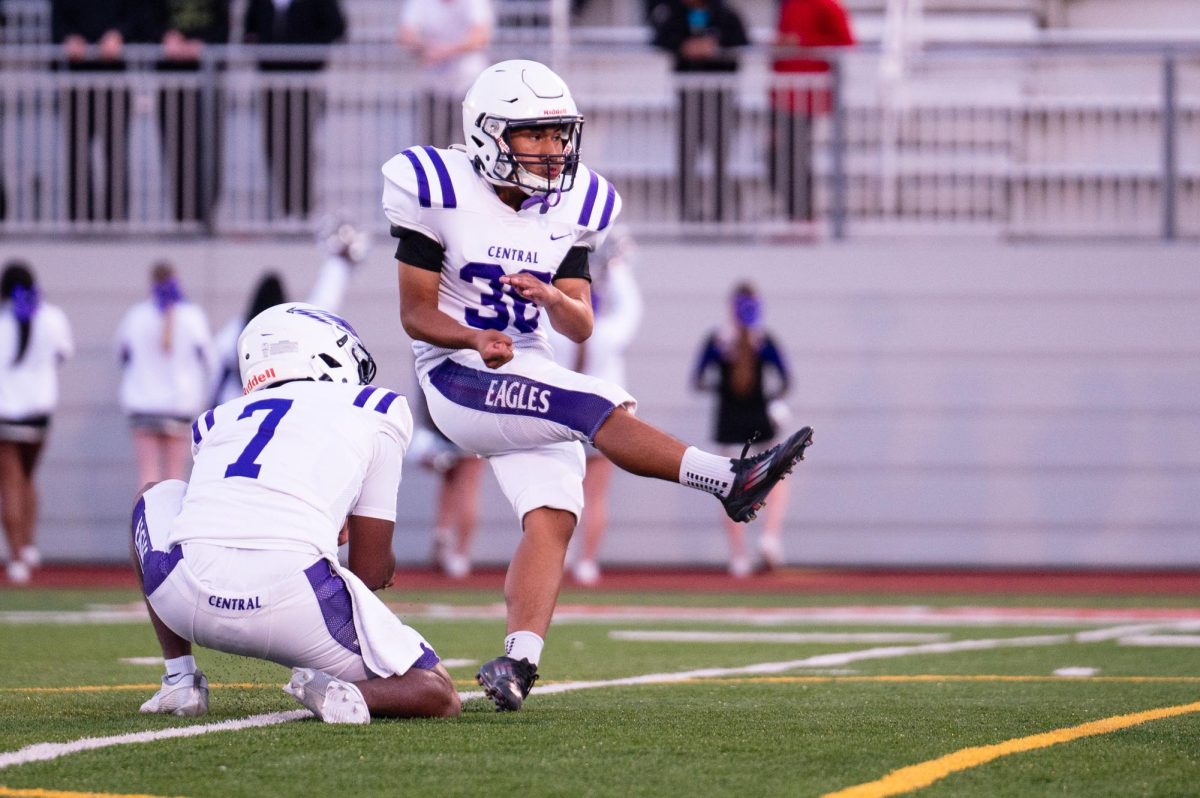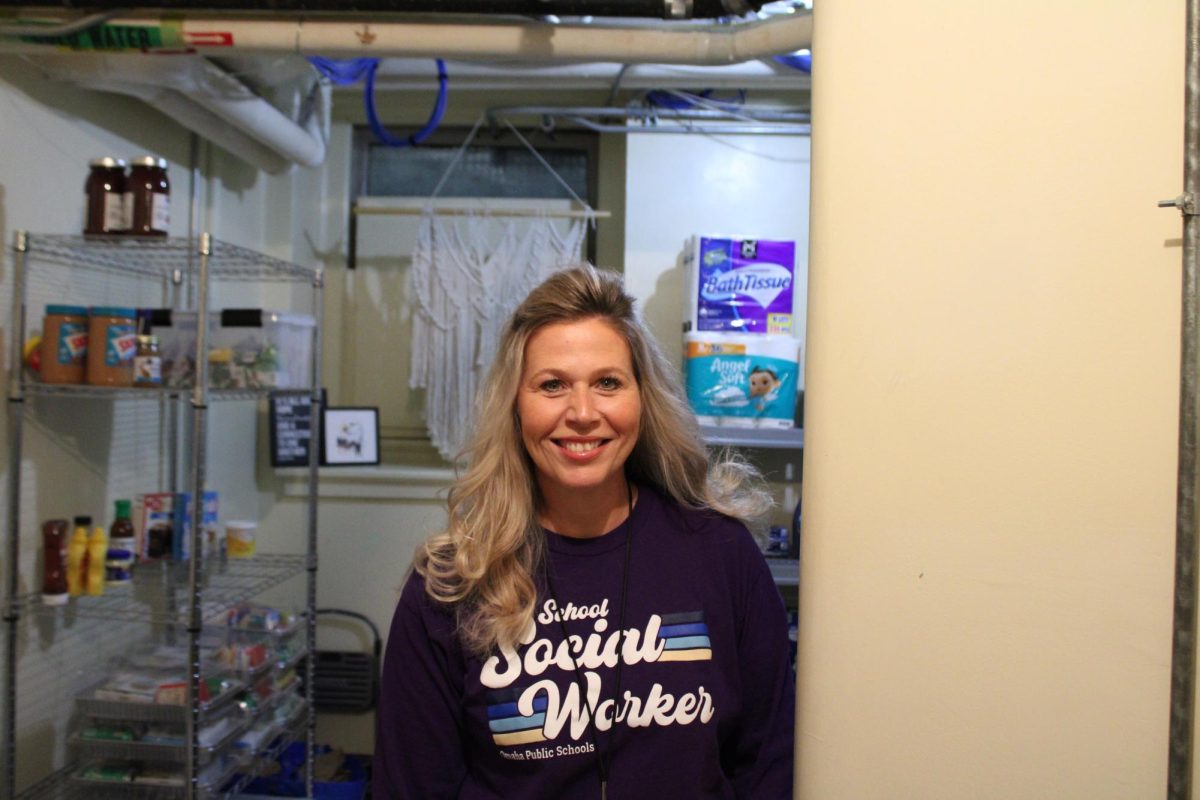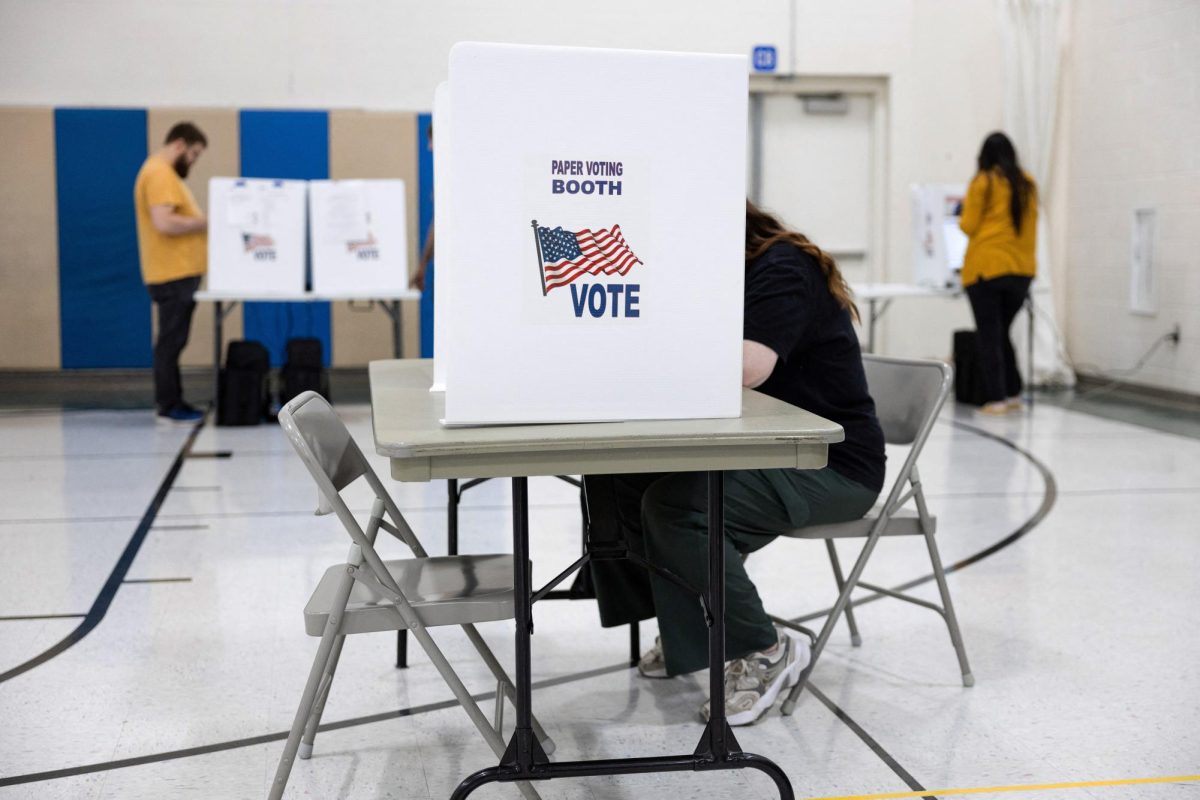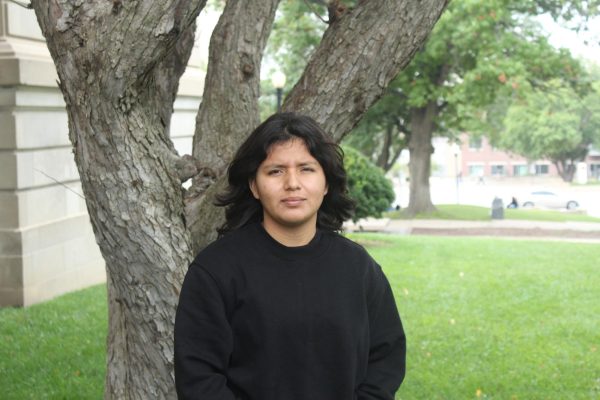The message of Pope Leo XIV, a Chicago native with dual American and Peruvian citizenship, resonated strongly within the Central’s Catholic community, sparking reflection on the global role of the Church and its mission.
Robert Francis Prevost was elected pope when in the fourth ballot of the conclave, the secret meeting where the College of Cardinals gathers to elect a new pope of the Roman Catholic Church. It takes place in the Sistine Chapel in Vatican City and follows strict traditions and rules. The election continues until one candidate receives a two-thirds majority of the votes.
Pope Leo speaks four languages: English, Spanish, French, and Portuguese. He has visited several Latin American countries over the past 10 years as Prior General of the Order of Saint Augustine, the order’s top leader, including Honduras, Colombia, and Ecuador.
He first went to Peru in 1985 when he began his priestly career. According to the priests who worked with Pope Leo while he was bishop of Chicago and the Catholics who knew him, his virtues are his simplicity, his willingness to serve, and his solidarity with those most in need. This aligns with his choice of Papal name, in honor of Pope Leo XIII, a champion of social justice.
Central math teacher Brent Larson said Pope Leo’s missionary experience in Peru was valuable. “All the time that he spent down there it’s, ‘Wow, that’s just incredible,’ because even though you’re an American pope, there’s a lot more Catholics out there in the world and you must have that world view. That is cool and necessary,” Larson said. “If you only saw one piece of what is out there in world you cannot be an effective leader.”
During his stay in Peru, Pope Leo bonded with the community and was awarded the “Santo Toribio de Mogrovejo” gold medal by the Peruvian Episcopate in 2023 for his work there. This was before departing for the Holy See as prefect of the dicastery for bishops, appointed by Pope Francis. Pope Leo XIV is the 267th occupant of the chair of St. Peter and the first North American pope in the history of the Church.
As news of Pope Leo XIV’s historic election spread, students and teachers at Central recognized the significance of the moment.
“I was sad when Pope Francis died, but I’m glad we have a new pope, he seems like a good person. I am happy and I think it’s cool to know he is the first pope from the U.S. I feel more people from our country will follow him in the future thanks to what he preaches,” freshman Jagger Hansen said.
“I think it wouldn’t have mattered who it was as much because especially other cardinals, they’ve all done similar things,” junior Ava Bohnert said. “It is going to have a significant impact just because the pope is all about how the Church is…so universal. It’s going to connect a lot with Americans personally and it will give them a chance to realize that we are universal with churches…everywhere else in the world and he is really going bring that unity.”
Pope Leo promised to continue the reforms and vision of his predecessor Francis, highlighting his legacy’s openness to the modern world and his commitment to the Second Vatican Council. In his first meeting with all the cardinals, Pope Leo urged a renewed commitment to reforms such as mass in local languages and interfaith dialogue. He also warned of new challenges, such as AI and the defense of labor dignity and justice. He also addressed concerns for both conservatives and progressives, focusing on migrant issues by building on the foundation laid by Pope Francis, and continued to raise awareness about environmental challenges.
On Aug. 31, Pope Leo prayed publicly for the victims of the Minnesota Catholic school shooting and called for an end to the “pandemic of arms, large and small.” The pope spoke in English as he denounced the attack and the weapons fueling wars around the world.
“It’s time that those responsible renounce logic of weapons and take the path of negotiations and peace, with the support of the international community,” he said. In one of his recent morning talks, he said, “Let nothing hold you back from the original call to reform, renew, and simplify that Christian life, which still has the power to widen the horizons and deepen the breath of every human existence.”
“Does it fit with what we believe and what God wants us to do,” Larson asked. “I think as with any good leader coming into their position, that’s a good thing to say, ‘Hey, let’s look at what we do and if this is the right thing to do.’ If this is what we are called to do, is this how we need to keep advancing and serve our people.”
On Sept. 1, Pope Leo met with Father James Martin, a prominent advocate for LGBTQ+ inclusion within the Church, affirming his commitment to welcome all people and encouraging Martin to continue his work. The Vatican’s public announcement of the meeting suggests Leo’s openness and continuity with his predecessor’s outreach to the LGBTQ+ community. Some earlier popes avoided or condemned LGBTQ+ topics, but Leo seems more open and welcoming.
“Since some of the Catholic parish and Christian churches do not support that, I think he’s trying to bring them together and tell them that God still loves them,” Hansen said.
Bohnert, who is part of a more traditional catholic church, said, “Some people might think it’s about modernizing the Church, but the pope just goes to show that love conquers everything and by meeting with him it’s not that we need to disagree in everything, but we need to unite. We should be respecting others and respecting their dignity though we may not agree with their choices.”

